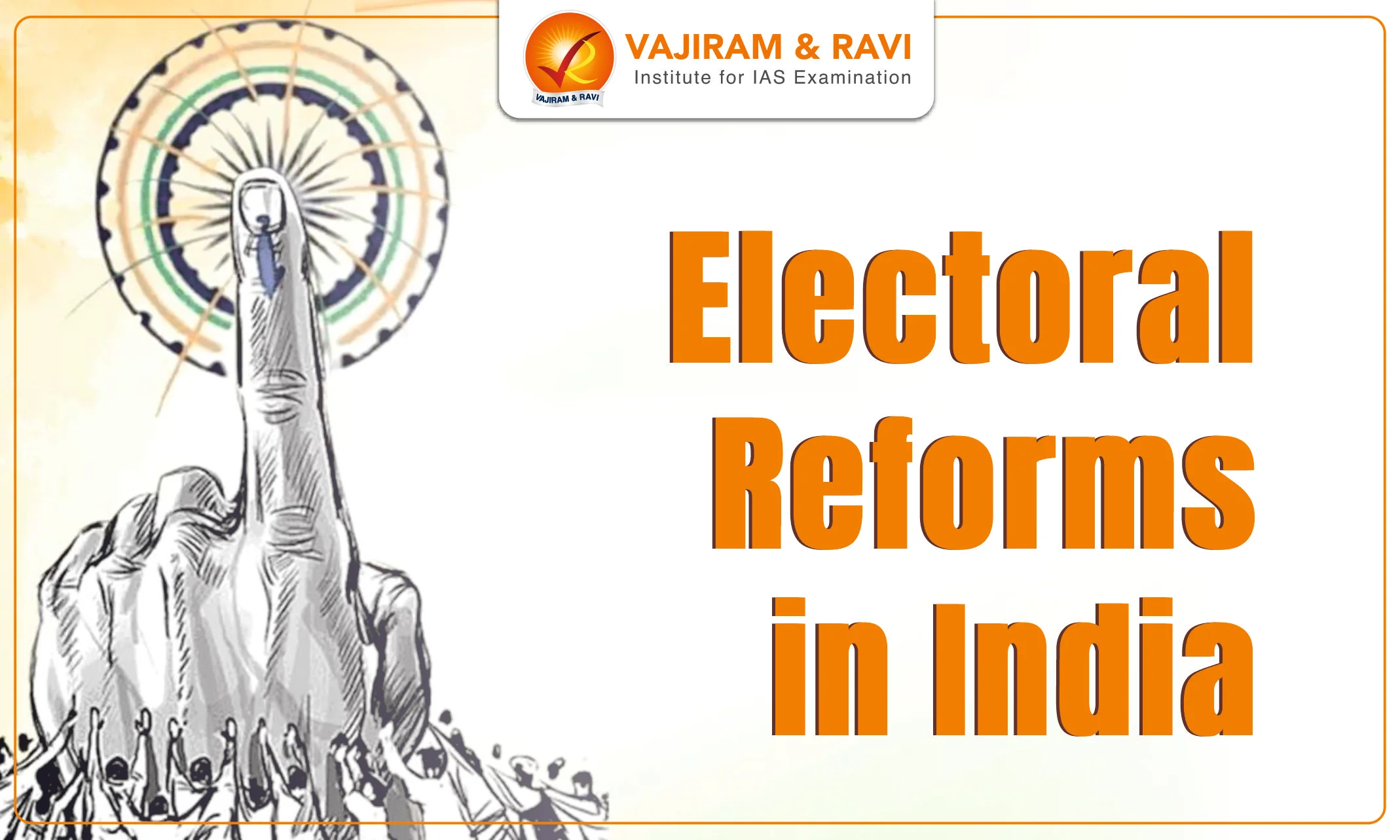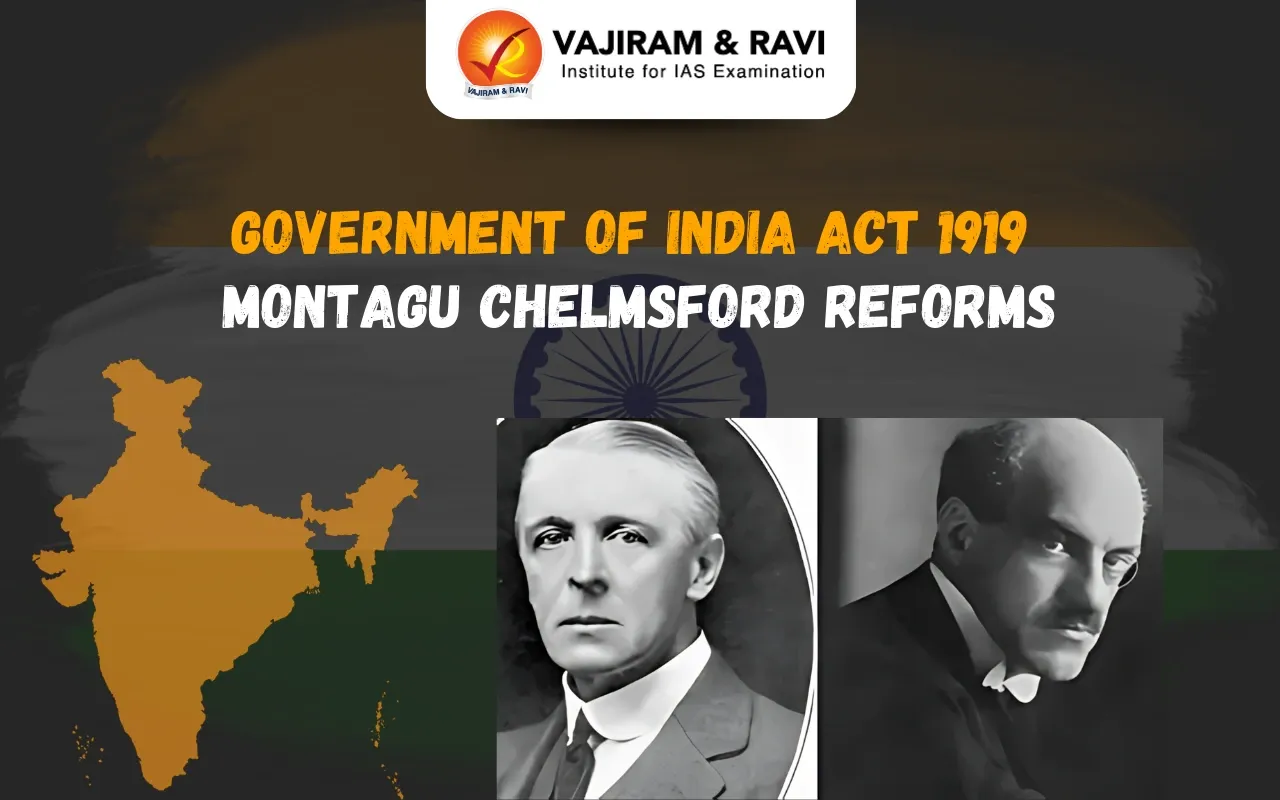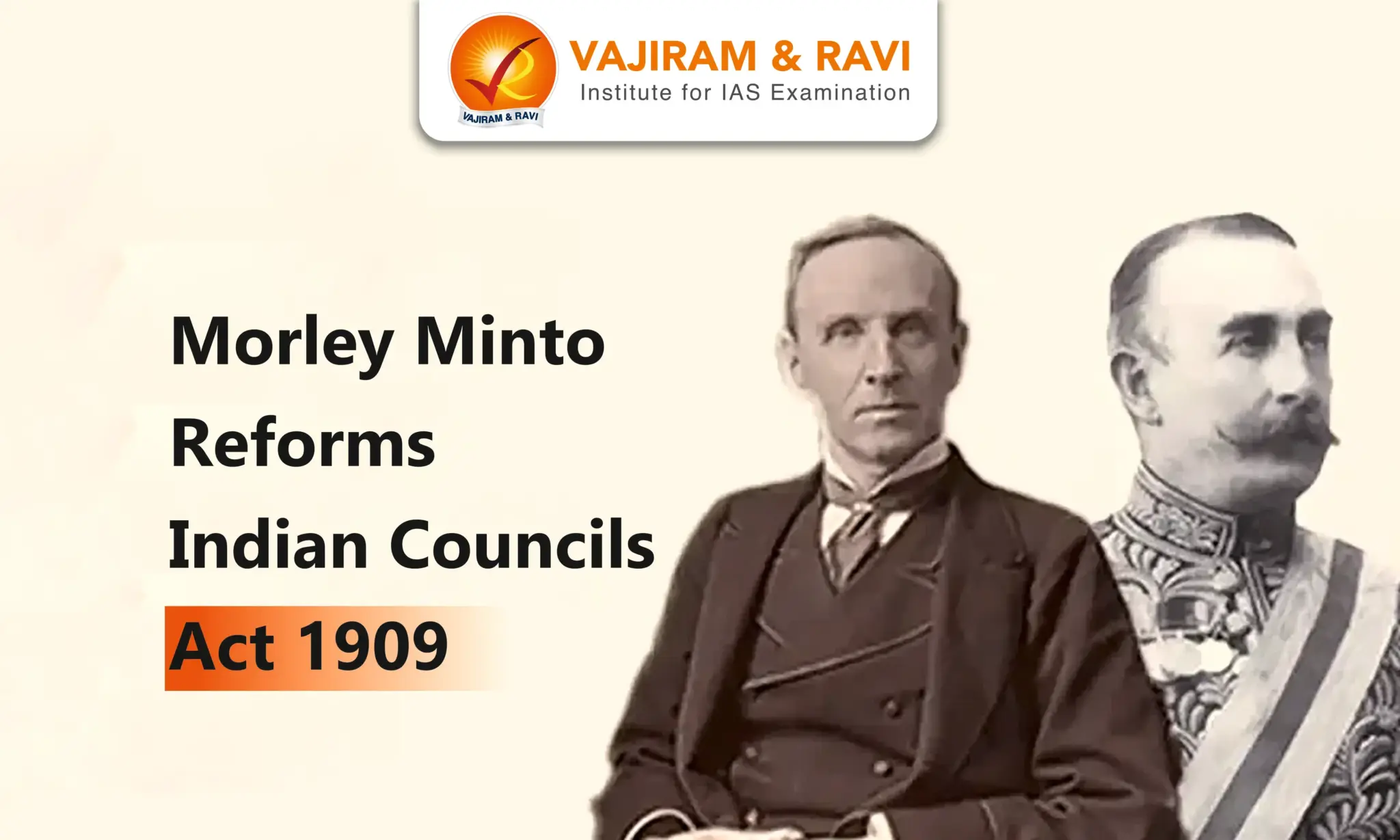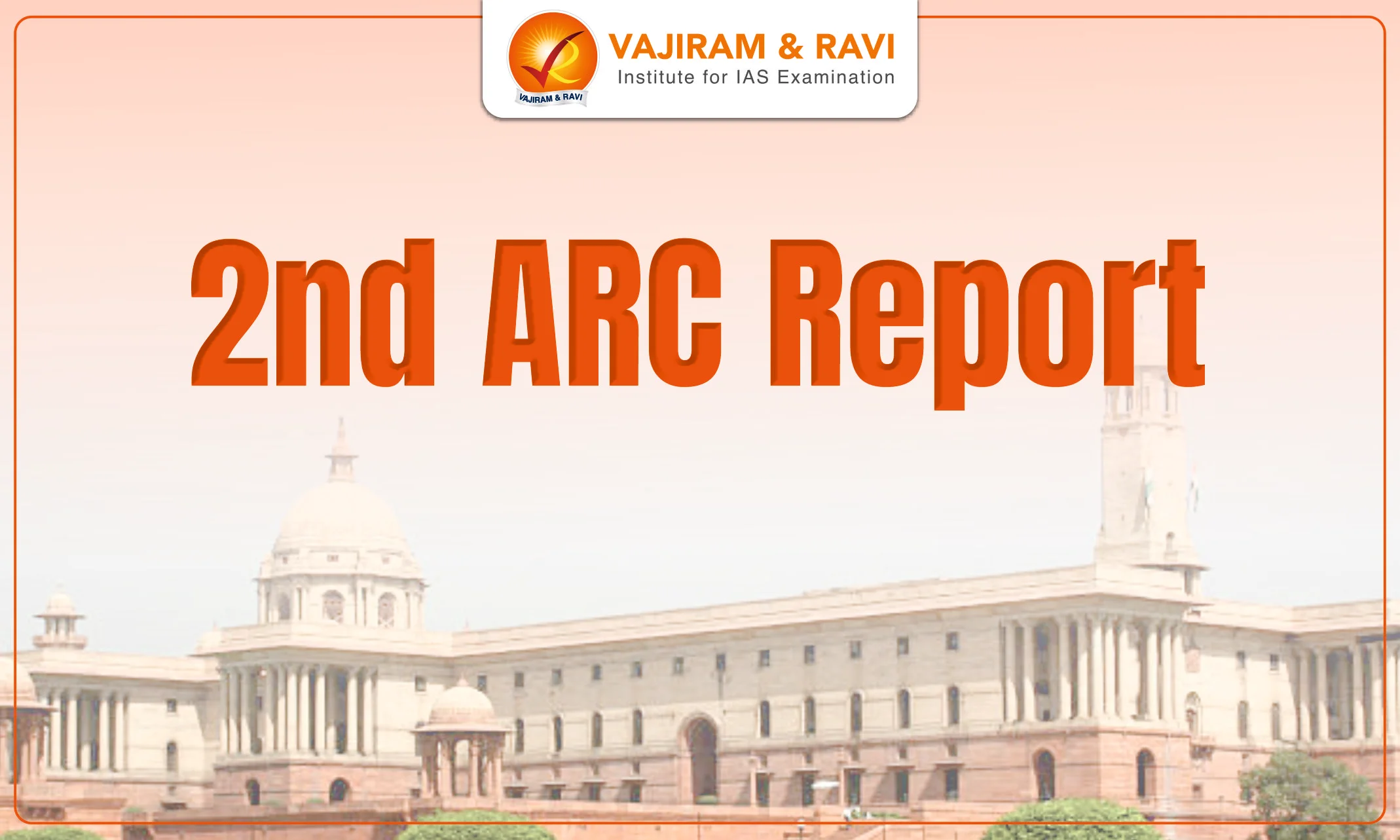Why are electoral reforms necessary?
Electoral reforms refer to the changes or improvements made to the electoral process to ensure the integrity and transparency of the electoral system. These reforms are necessary to maintain the credibility of the electoral process and to ensure that every vote counts.
- Ensuring free and fair elections (Article 324): Electoral reforms aim to address the issues of electoral malpractices and ensure that elections are conducted in a free and fair manner.
- Enhancing voter participation: Electoral reforms aim to increase voter turnout and to address the issue of voter apathy, difficulty in accessing polling booths, etc.
- Reducing the influence of money and muscle power: Electoral reforms help to reduce the influence of money and muscle power by regulating campaign finance and ensuring the safety of voters.
- Encouraging transparency and accountability: Electoral reforms initiate the measures such as mandatory disclosure of criminal records by candidates and the use of technology to monitor the electoral process.
- Addressing electoral inequalities: Electoral reforms try to bring down the inequalities such as the under-representation of women and marginalized communities.
What are the various electoral reforms implemented since independence?
Electoral Reforms before 1996
- Increase in the number of proposers: In 1988, the number of proposers in nomination papers for elections to the Rajya Sabha and State Legislative Council was increased to 10 percent of the electors of the constituency or ten such electors, whichever is less.
- Lowering of Voting Age: The 61st Constitutional Amendment Act of 1988 reduced the voting age from 21 years to 18 years for the Lok Sabha as well as the assembly elections to make youth a part of the political process.
- Booth capturing: In 1989, a provision was made for the adjournment of polls or countermanding elections in case of booth capturing.
- Electronic Voting Machines (EVM): First-time use of EVMs occurred in the general election in Kerala in May 1982. In 2004, in the General Election to the Lok Sabha, the EVMs were used in all 543 Parliamentary Constituencies in the country.
Electoral Reforms of 1996
Some of the recommendations of the Dinesh Goswami Committee (1990) were implemented in 1996. These are explained here:
- Listing of names of candidates: The candidates contesting elections are to be classified into three categories for the purpose of listing their names. They are
- Candidates of recognized political parties
- Candidates of registered-unrecognized political parties
- Other (independent) candidates.
- Disqualification under Prevention of Insults to the National Honour Act: A person convicted for the offenses under the Prevention of Insults to National Honour Act of 1971 is disqualified to contest in the elections to the Parliament and State Legislature for 6 years.
- Number of proposers: The nomination of a candidate in a Parliamentary or assembly constituency should be subscribed by 10 registered electors of the constituency as proposers if the candidate is not sponsored by a recognized political party.
- Contestants restricted to two constituencies: A candidate would not be eligible to contest from more than two Parliamentary/assembly constituencies and Rajya sabha/State legislative council.
Electoral Reforms after 1996
- Presidential and Vice Presidential elections: In 1997, the number of electors as proposers and seconders for contesting election to the office of the President was increased from 10 to 50 and to the office of the Vice President from 5 to 20.
- Declaration of criminal antecedents, assets, etc., by candidates: In 2003, the Election Commission issued an order directing every candidate to disclose the information on the matters of conviction, accusation, assets, and any liabilities.
- Free supply of electoral rolls, etc: According to a 2003 provision, the Government should supply, free of cost, copies of the electoral rolls and other prescribed material to the candidates of recognized political parties for the Lok Sabha and Assembly elections.
- Parties entitled to accept contribution: In 2003, the political parties had to report any contribution in excess of ₹20,000 to the Election Commission for making any claim to any income tax relief.
- Allocation of time on electronic media: Under a 2003 provision, the Election Commission should allocate equitable sharing of time to recognized political parties, based on past performance, on the cable television network and other electronic media.
Electoral Reforms since 2010
- Restrictions imposed on exit polls: According to a 2009 provision, conducting exit polls and publishing results of exit polls would be prohibited during the election to Lok Sabha and State Legislative Assemblies.
- Time limit for submitting a case for disqualification: In 2009, a three-month time limit was added within which the specified authority will have to submit the case of a person found guilty of corrupt practice to the President to determine the question of disqualification.
- Increase in security deposit: In 2009, the amount of security deposit to be paid by the candidates contesting elections to the Lok Sabha was increased from ₹10,000 to ₹25,000.
- Appellate authority within the district: In 2009, a provision was made for appointment of an appellate authority within the district against the orders of the Electoral Registration Officers, instead of the Chief Electoral Officer of the state.
- Persons in jail or police custody can contest elections: In 2013, Representation of the People Act, 1951 was amended to allow the persons in jail or police custody to contest elections.
- Immediate disqualification of convicted MPs and MLAs: Supreme Court, in Lily Thomas case (2013), held that convicted MPs and MLAs will be immediately disqualified from holding membership of the House without being given three months’ time for appeal, as was the case before.
- Ceiling on cash donations lowered: In the 2017 budget, the limit for anonymous cash donations by any individual to a political party has been lowered from ₹20,000 to ₹2,000.
- Cap on corporate contributions lifted: In the 2017 budget, the limit on corporate contributions from 7.5 percent of the net profit of a company’s past three financial years has been removed.
- Introduction of electoral bonds: Electoral Bonds, introduced in 2018, are touted as an alternative to cash donations made to the political parties. It is aimed at bringing clean money and substantial transparency into the system of political funding.
- Foreign funding allowed: Receiving of foreign funds by the political parties has been allowed by amending Foreign Contribution (Regulation) Act, 2010.
What are the reforms recommended by the Election Commission of India?
The Election Commission of India (ECI) has made several recommendations for electoral reforms over the years to improve the electoral process and ensure free and fair elections. Some of the major recommendations are:
- The Commission is of the view that the law should be amended to provide that a person cannot contest from more than one constituency at a time.
- Election commission endorsed the call for a lifetime ban in the apex court. It had argued that such a move would “champion the cause of decriminalization of politics”.
- The Commission proposes that where any general election is due on the expiration of the term of the House, advertisements of achievements of the governments, either Central or State, in any manner, should be prohibited for a period of six months prior to the date of expiry of the term of the House.
- The Election Commission proposes an amendment to provide the same protection and safeguard in the matter of removability of Election Commissioners from office as is available to the Chief Election Commissioner.
- The decisions relating to anti-defection matters should be rendered by the President or the Governor with the recommendation of the Election Commission.
- There should be the use of common electoral rolls at elections conducted by the Election Commission and the State Election Commissions.
- Election Commission proposes that making false declarations concerning elections be an offense.
- Rule-making authority under the Representation of the People Act, 1950, and Representation of the People Act, 1951, should be conferred on the Election Commission instead of the Central Government.
Last updated on January, 2026
→ Check out the latest UPSC Syllabus 2026 here.
→ Join Vajiram & Ravi’s Interview Guidance Programme for expert help to crack your final UPSC stage.
→ UPSC Mains Result 2025 is now out.
→ UPSC Notification 2026 Postponed for CSE & IFS which was scheduled to be released on 14 January 2026.
→ UPSC Calendar 2026 has been released.
→ UPSC Prelims 2026 will be conducted on 24th May, 2026 & UPSC Mains 2026 will be conducted on 21st August 2026.
→ The UPSC Selection Process is of 3 stages-Prelims, Mains and Interview.
→ Prepare effectively with Vajiram & Ravi’s UPSC Prelims Test Series 2026 featuring full-length mock tests, detailed solutions, and performance analysis.
→ Enroll in Vajiram & Ravi’s UPSC Mains Test Series 2026 for structured answer writing practice, expert evaluation, and exam-oriented feedback.
→ Join Vajiram & Ravi’s Best UPSC Mentorship Program for personalized guidance, strategy planning, and one-to-one support from experienced mentors.
→ UPSC Result 2024 is released with latest UPSC Marksheet 2024. Check Now!
→ UPSC Toppers List 2024 is released now. Shakti Dubey is UPSC AIR 1 2024 Topper.
→ Also check Best UPSC Coaching in India
Electoral Reforms in India FAQs
Q1. What is the difference between an open ballot and a secret ballot system?+
Q2. Can a political party issue a whip to MP/MLA in Presidential Polls?+

















